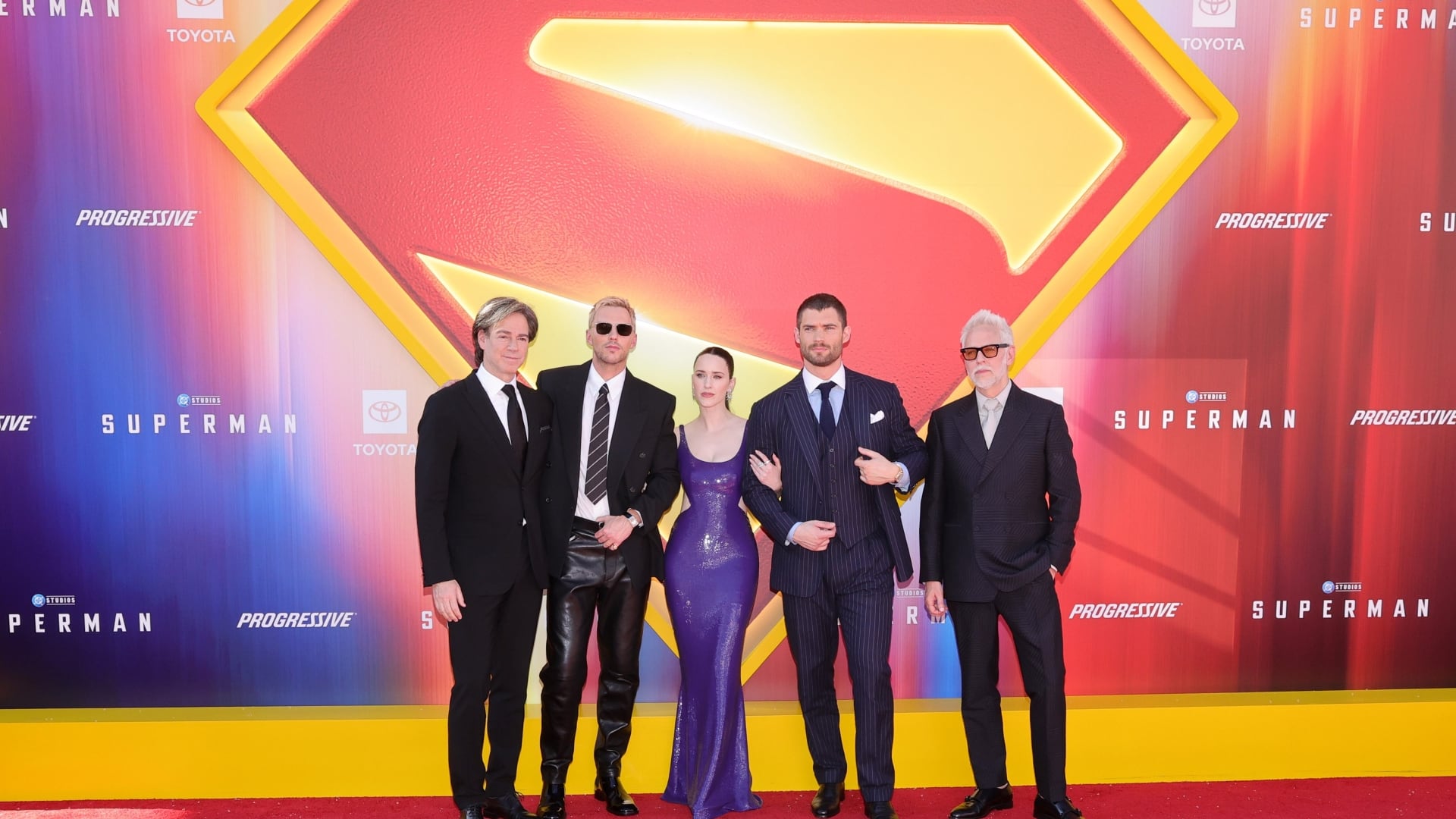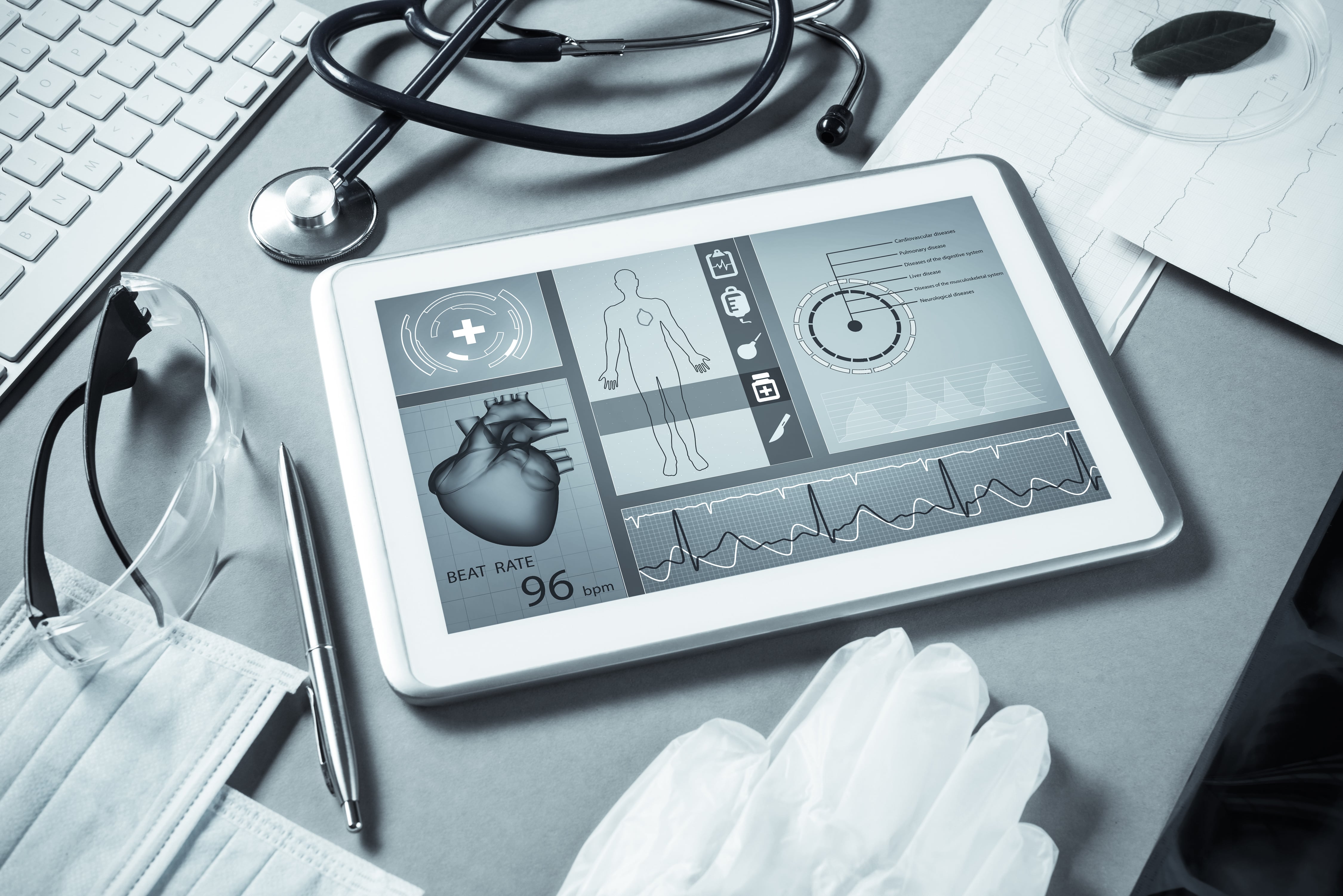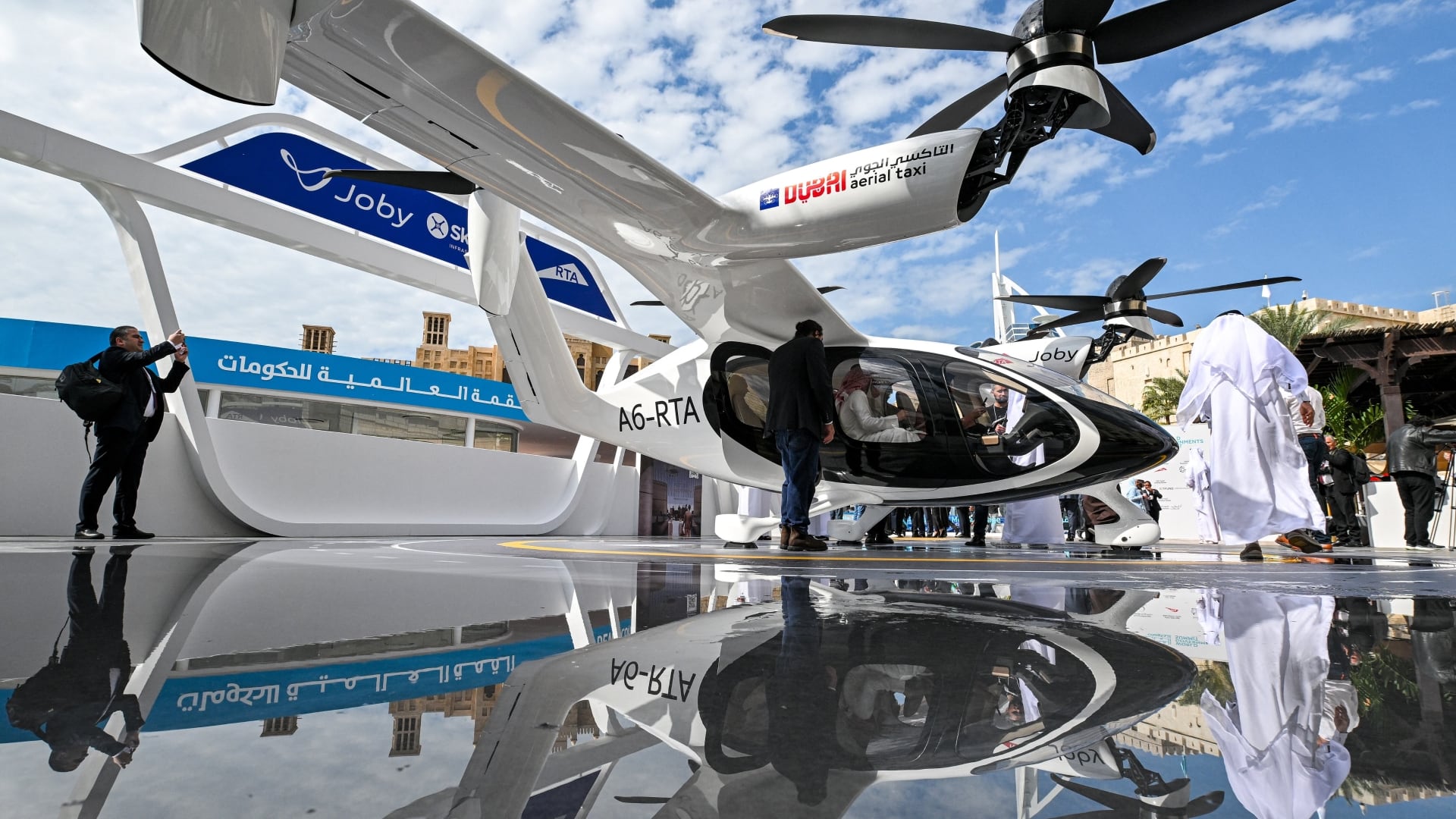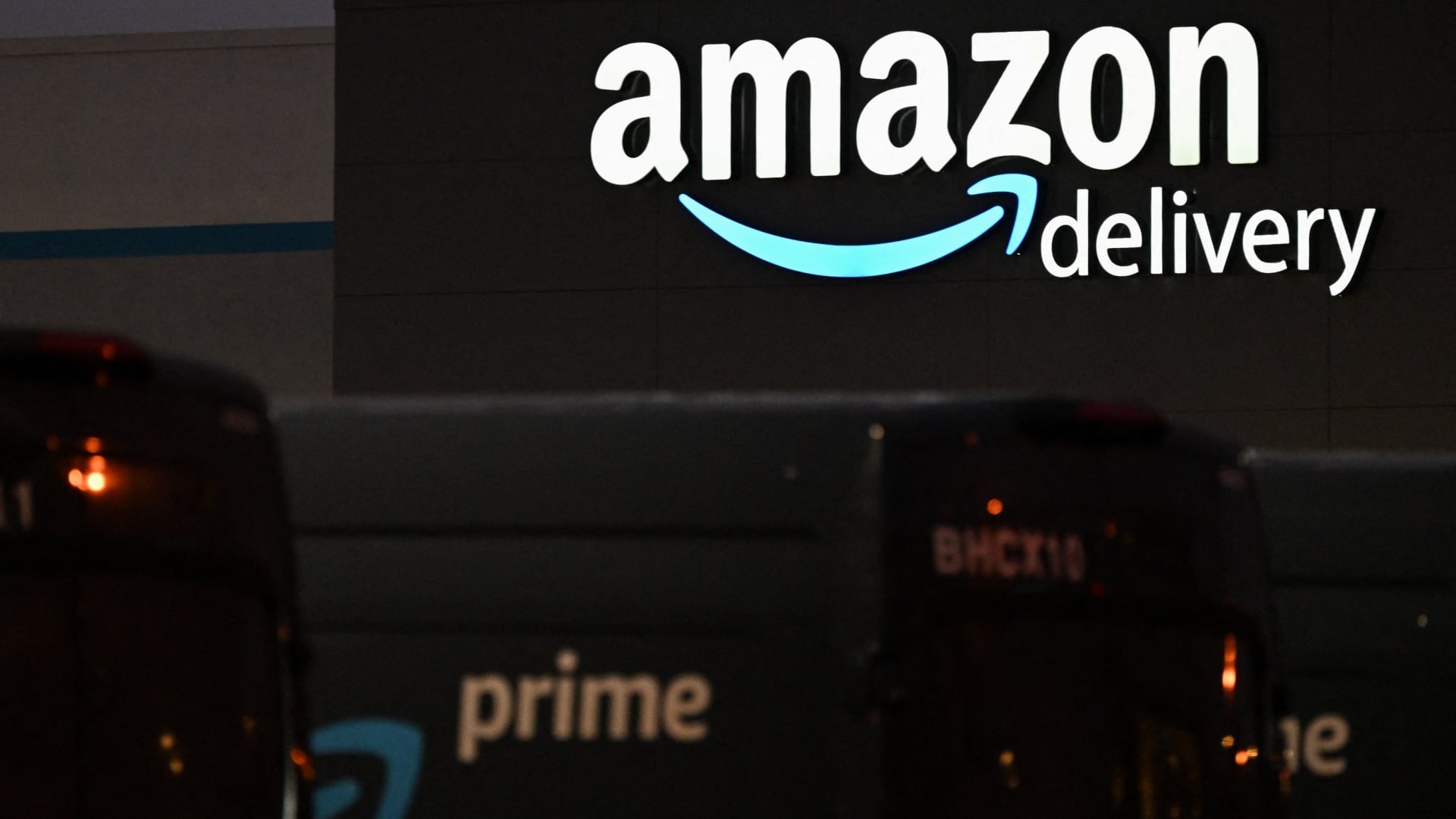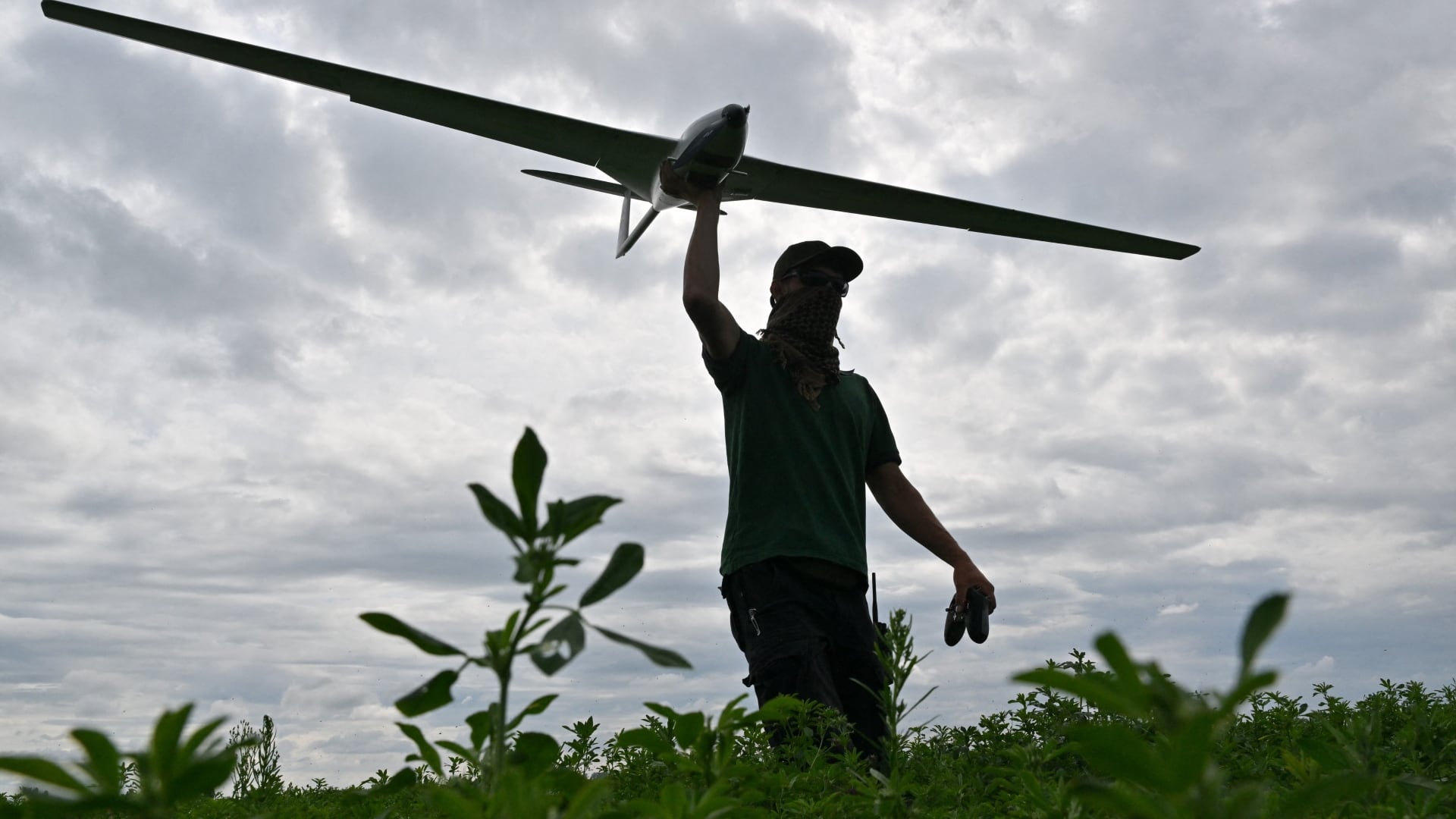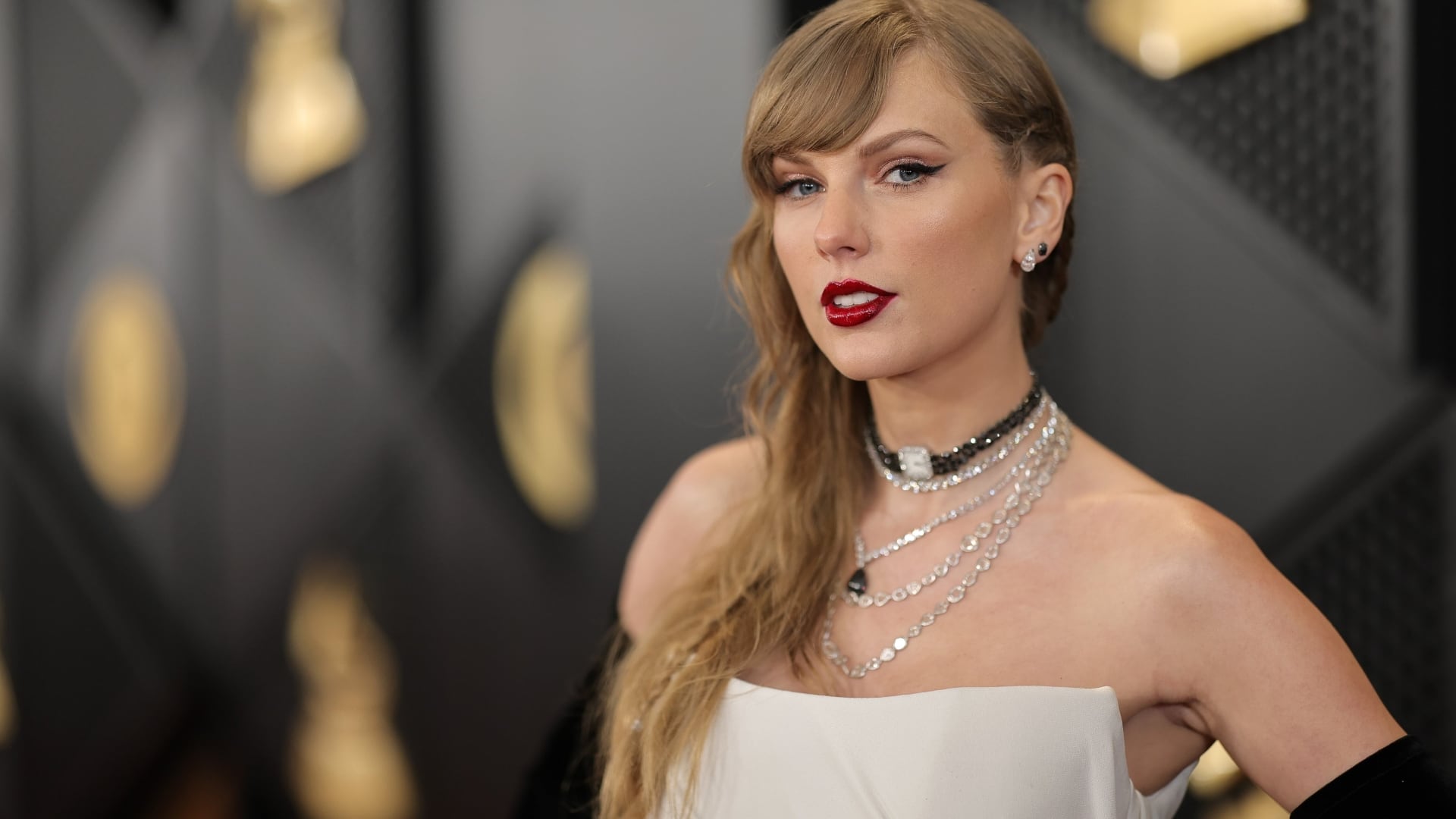*By Carlo Versano* Marty McFly's self-lacing sneakers from "Back to the Future" are here at last. Kind of. Nike on Tuesday launched the Adapt BB, its first mass-market "smart" sneaker, that uses elastic mesh and a small internal motor with Bluetooth connectivity to allow the wearer to tighten and loosen the fit of the shoe via a smartphone app. Eric Avar, creative director for Nike, told Cheddar in an interview that the innovations that made the Adapt BB possible were simply the latest step in Nike's mission: "Solving problems for athletes." Nike stock has outperformed the broader market, even despite tariff concerns, based in part on its track record of sneaker innovation. The adaptive performance of the sneaker ー it has a "comfort" mode and a "high-performance lockdown" mode with custom fittings ー will help athletes perform better "in the moment," Avar said. "That's our singular focus." Avar said Nike chose to make a "smart" basketball sneaker first so it could be tested by real players under the harsh conditions of the court. Jayson Tatum of the Boston Celtics helped Nike unveil the sneaker. Once it is proven to handle the physical demands of basketball players, Avar said it's possible the technology could be used to create adaptive models for running or other use cases. And while building a better sneaker remains the primary focus for now, he said the possible applications for the "smart" technology are much broader, and could potentially result in Nike sending some useful personal data back to athletes and casual wearers. "It's a journey, and we're going to see where it takes us," he said. The Adapt BB will be available online Feb. 17 for $350, making them far more expensive than the top basketball sneakers on the market, but still less than half the price of the first iteration, the 2016 Hyperadapt.

